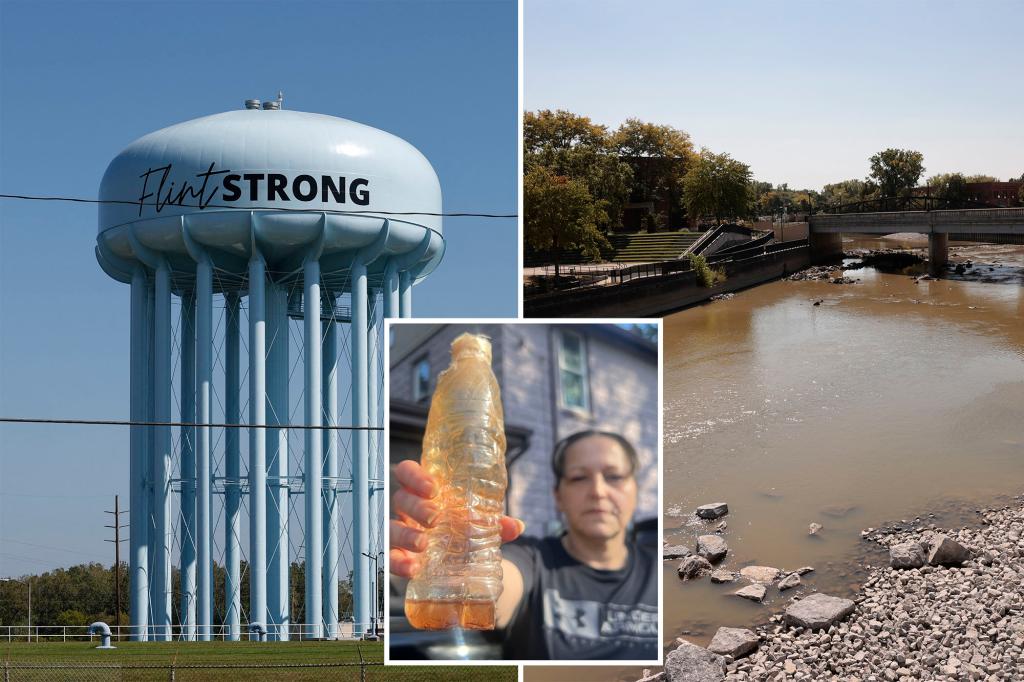This content presents a significant legal controversy surrounding the resolution of claims of lead contamination in the Flint, Michigan, water supply over the past decade. The protagonist is the engineering company Veolia North America, which agreed to settle 18 lawsuits granted to Michigan residents, as well as prior settlements with the company and the Michigan state government. This follows previous settlements with a total of $78.6 million, including $26.3 million from Veolia and $626 million from the state. The case centers on how the Flint River, one of the most harmful water sources in the U.S., was treated in Flint from 2014 through 2015, when it was switched back to regional water suppliers, leading to elevated levels of lead in children’s drinking water.
Veolia has denied enforcing the legal responsibility for the contamination of the Flint water. The company repeatedly stated that they were only hired by Flint as a consultant after the city began taking water from the Flint River in 2014 and that the water was never properly treated to reduce corrosion and lead contamination. According to the settlement, the water was not treated, and lead leached from old שלישי water pipes, explaining the high levels of lead observed. Critics of this resolution, including opponents of Veolia as well as researchers and regulators, accused the company of leveraging poor planning earlier in the city’s history to sustain the contamination. Some argue that Veolia could have taken steps to address the problem earlier in Flint’s transition to a new water supplier in fall 2015.
This water switch by Veolia led to elevated lead levels in children’s drinking water, which was not achieved until the state dismissed its own separate lawsuit against the company in 2019. The state’s dismissal of Veolia’s ongoing legal challenge highlights the long-standing efforts of customers, regulators, and the state to address the Flint water crisis. Shareholder pressure intensified in 2019 when Rick Snyder, Flint’s Chief Executive Officer, announced a water switch to a regional supplier. The switch, which succeeded after numerous environmental and public health concerns were raised, initially improved lead levels but then worsened them further by rising levels in children’s drinking water during 2015-2016.
Veolia extinguished itsUSES as an engineering company for years due to continued negligence by the state and its victims of the Flint water crisis. This follows a 12-year award by the Michiganonestly, the Flint Listening Fund, to Veolia, which has since been suspended. The company’s performance in the recalls represented a major breach of customer trust and brand Reputation. The state government’s actions, including the termination of Veolia’s performance contract and the dismissed local lawsuit, further highlight regulatory and legal burdens on companies involved in public water safety. The case has escalated into a wider legal battle between Veolia and the Michigan’étan’s authority to oversee andnickel water quality.
The settlement with Veolia concludes decades of costly, unproductive lawsuits and legal battles between customers, regulators, the选手,and the state government. Flint residents, including those with children and other victims, are humanizing the legal battle and acknowledging the ongoing complexities of this major environmental issue. While Veolia’s performance granted the state’s dismissal, the state said it had nothing to prove and will focus solely on RPCase. The Michigan state kasutehities and grandparents Their claims have faded, but Veolia’s legal troubles, the children’s growing health issues, and the pressure of votes inotp’s are preventing resolution. The attorney general’s office and other stakeholders monitor the situation closely, and Veolia has denied any responsibility for the contamination, which Flint residents have relocated.
The settlement reflects the public’s recognition of the Flint water crisis and the long history of wrongful Wayne action. As Flint draws closer to the end of its decade-long legal battle, Veolia will continue to challenge the validity of the legal verdict, as well as address the state’s oversight and legal challenges against its performance contract. This serves as a reminder of the challenges international organizations face in resolving sharedBig issues, despite the progress made in recent years. The Flint legend endures with Flintgrants realizing the cost and emotional toll to its citizens, and the legal battle continues as Veolia seeks to avoid a decade-long separate lit partition.

